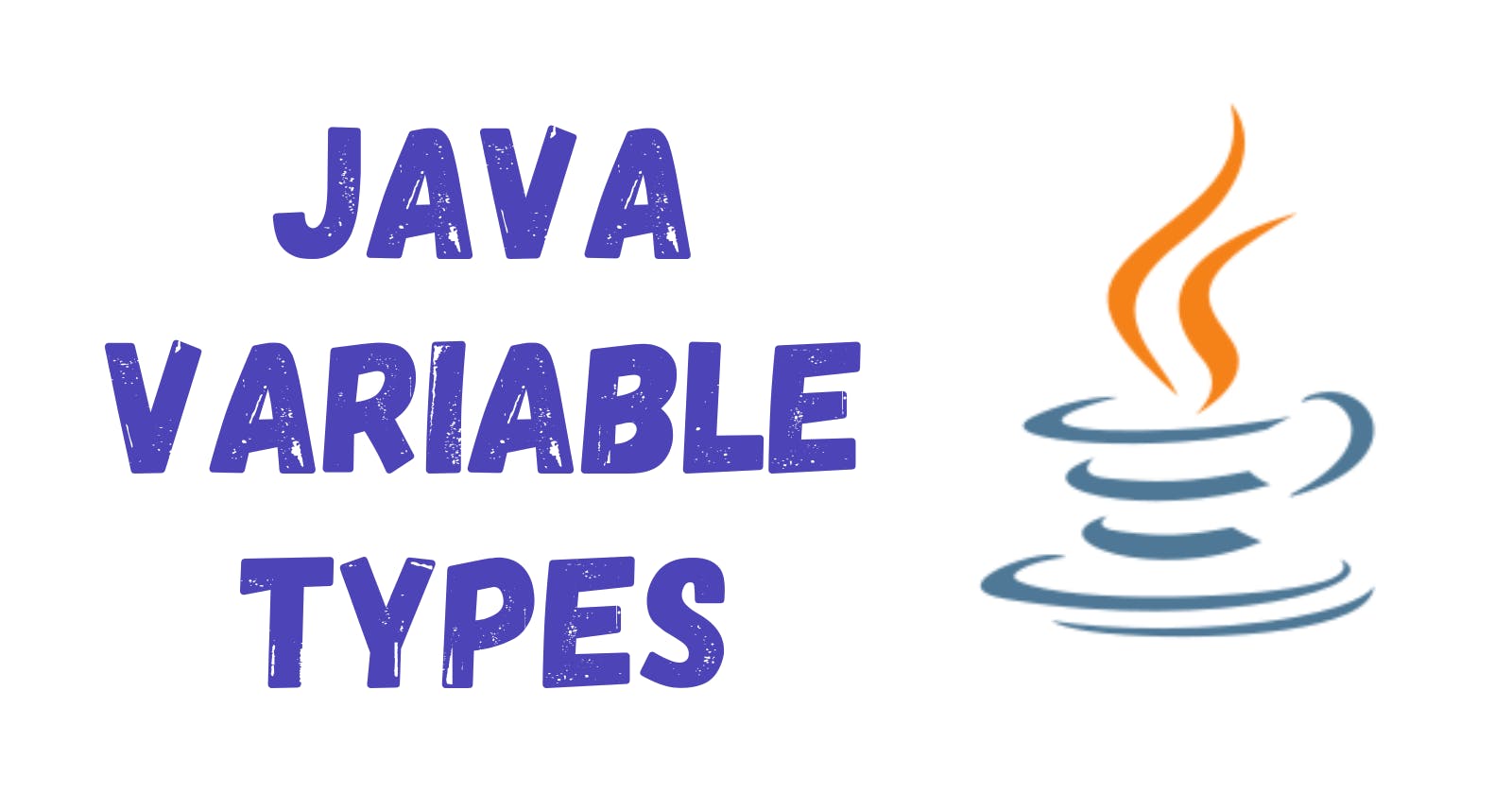Welcome back, dear readers, to our exciting Java programming series! In this article, we'll explore the various types of variables in Java. Understanding variable types is essential for managing data and scope in your Java programs. Let's dive into the world of Java variable types together!
Summary of Previous Articles: In our previous articles, we covered essential aspects of Java programming, including basic syntax, objects, classes, constructors, and data types. These concepts provide a solid foundation for understanding and harnessing the power of Java. If you missed any of those articles, we encourage you to catch up to enhance your Java skills.
1) Introduction to Java Variable Types
Variables in Java are used to store and manipulate data. They act as containers that hold values during program execution. In this article, we'll explore the different types of variables in Java, including local variables, instance variables, and class/static variables.
2) Local Variables
Local variables are declared within a method, constructor, or block. They have a limited scope and are only accessible within the block in which they are declared. Local variables must be initialized before they are used. Here's an example:
public class Example {
public void myMethod() {
int x = 10; // Local variable
System.out.println(x);
}
}
In the above example, the variable x is a local variable declared within the myMethod() method.
3) Instance Variables
Instance variables, also known as member variables, are declared within a class but outside any method, constructor, or block. They are associated with an instance of the class and have a separate copy for each object. Instance variables are initialized with default values if not explicitly assigned. Here's an example:
public class Example {
int x; // Instance variable
public void myMethod() {
x = 10;
System.out.println(x);
}
}
In the above example, the variable x is an instance variable accessible within the myMethod() method. Each object of the Example class will have its own x variable.
4) Class/Static Variables
Class variables, also known as static variables, are declared with the static keyword within a class but outside any method, constructor, or block. They are associated with the class itself rather than individual objects. Class variables have only one copy, regardless of the number of objects created. Here's an example:
public class Example {
static int x; // Class variable
public static void main(String[] args) {
x = 10;
System.out.println(x);
}
}
In the above example, the variable x is a class variable accessible within the main() method. It is shared among all objects of the Example class.
5) Conclusion
Congratulations on reaching the end of our Java Variable Types article! You've gained valuable knowledge about different types of variables in Java, including local variables, instance variables, and class/static variables. Understanding variable types is crucial for managing data and scope in your Java programs.
Remember, practice is key to mastering Java variable types. Experiment with different scenarios, declare and use variables of different types, and challenge yourself with coding exercises. Happy coding!

